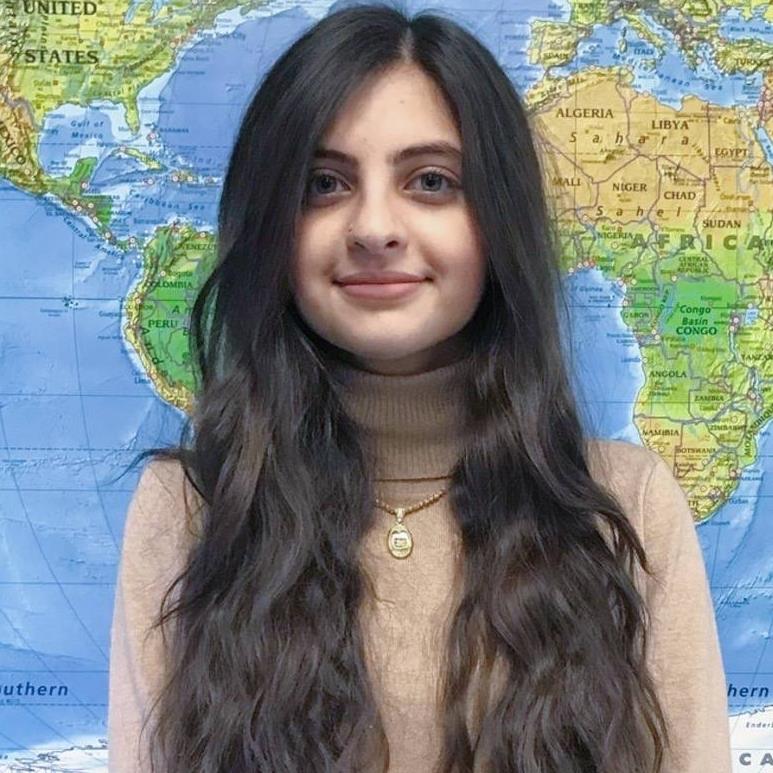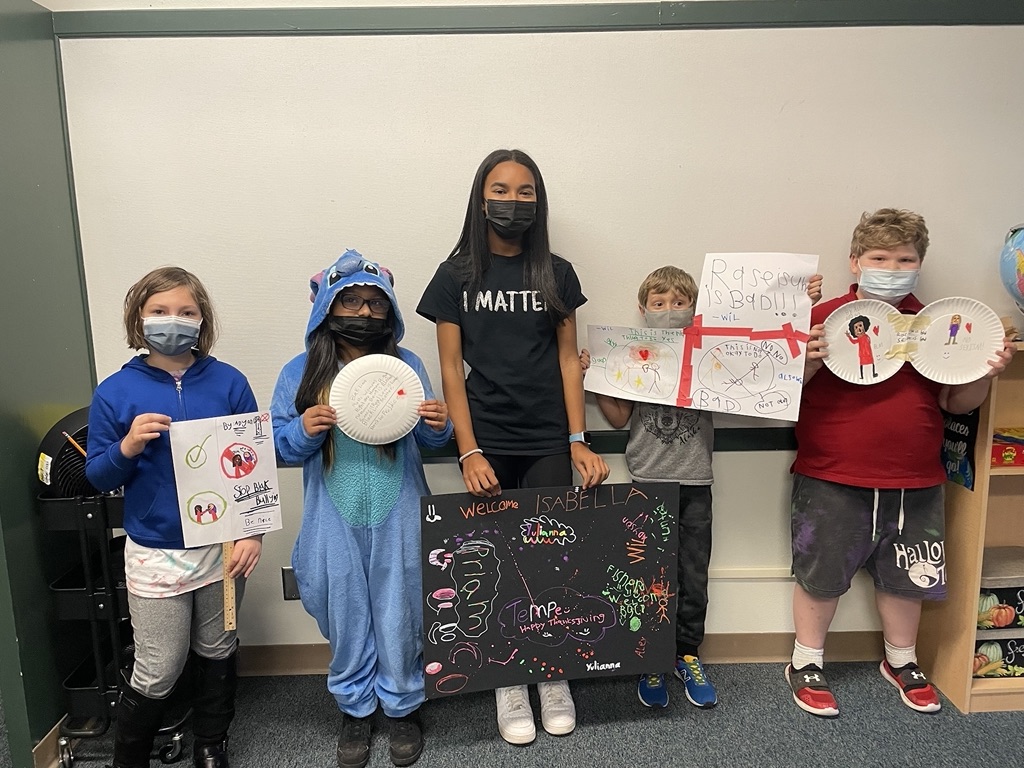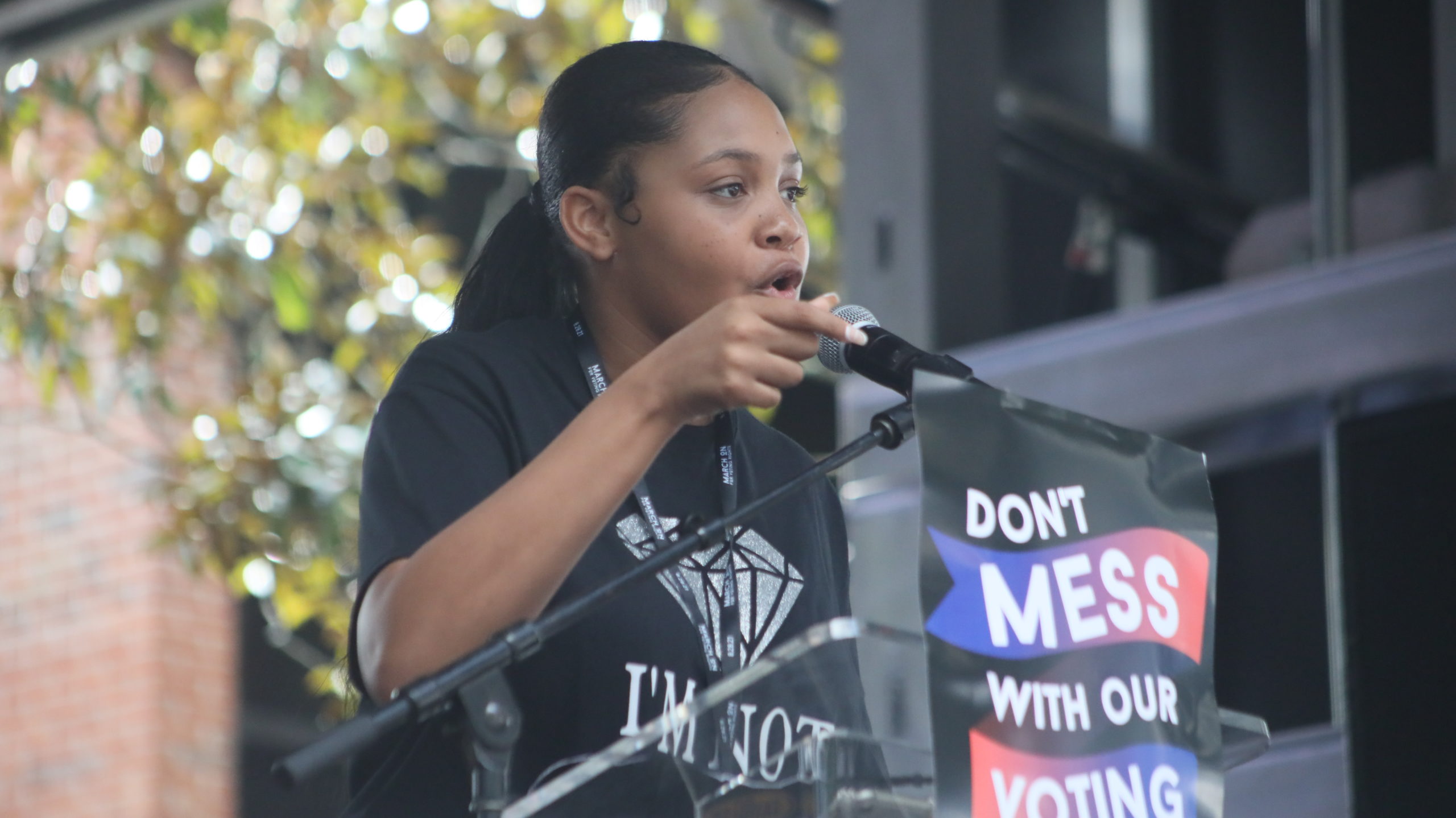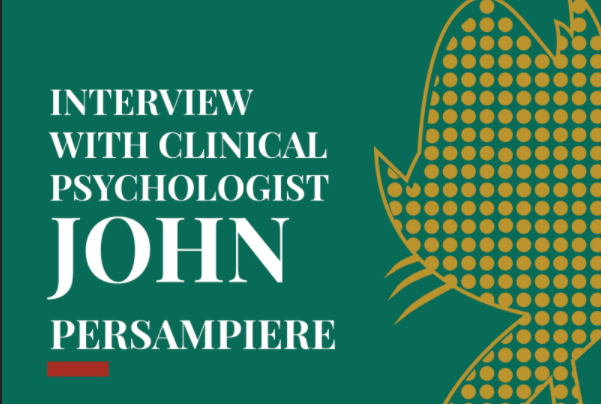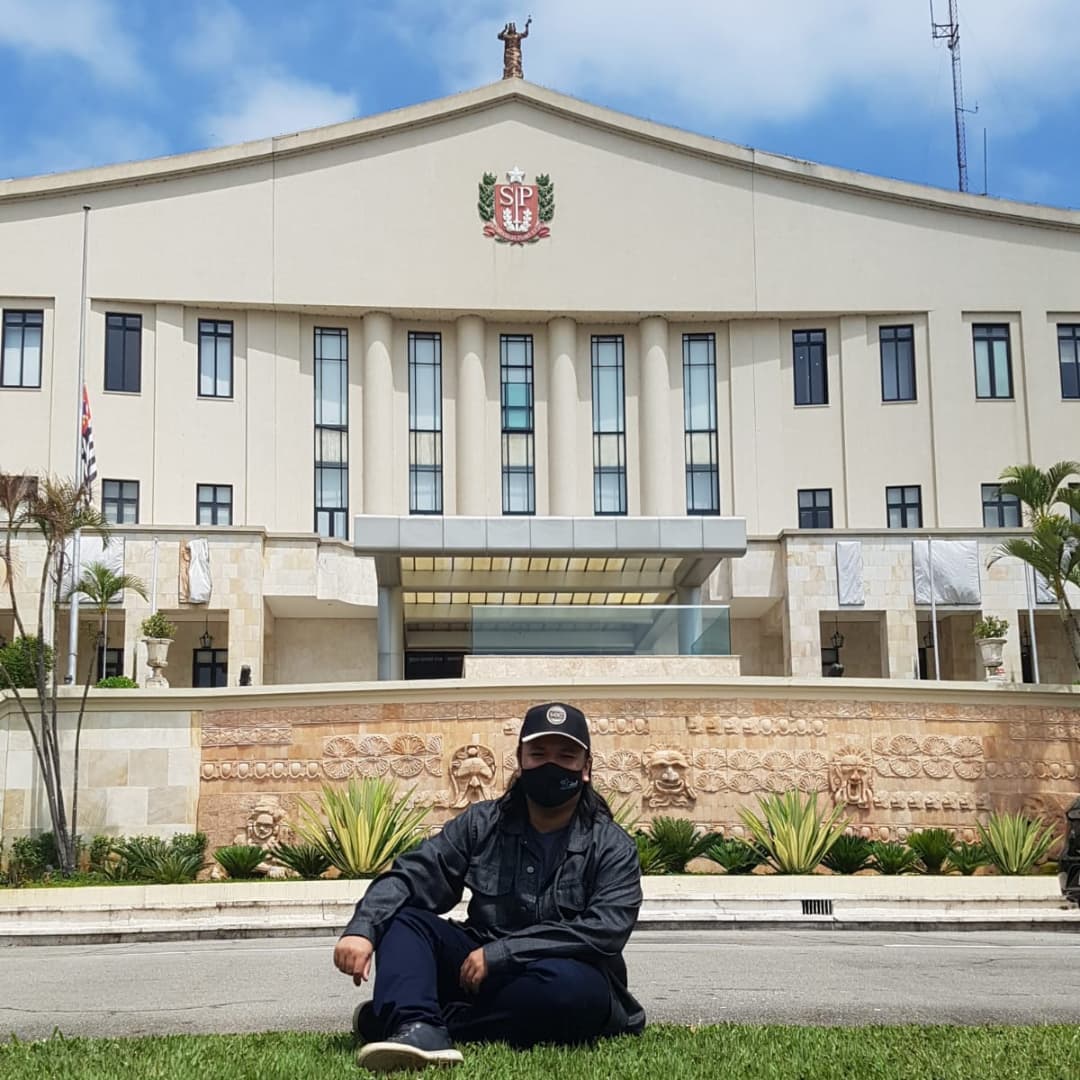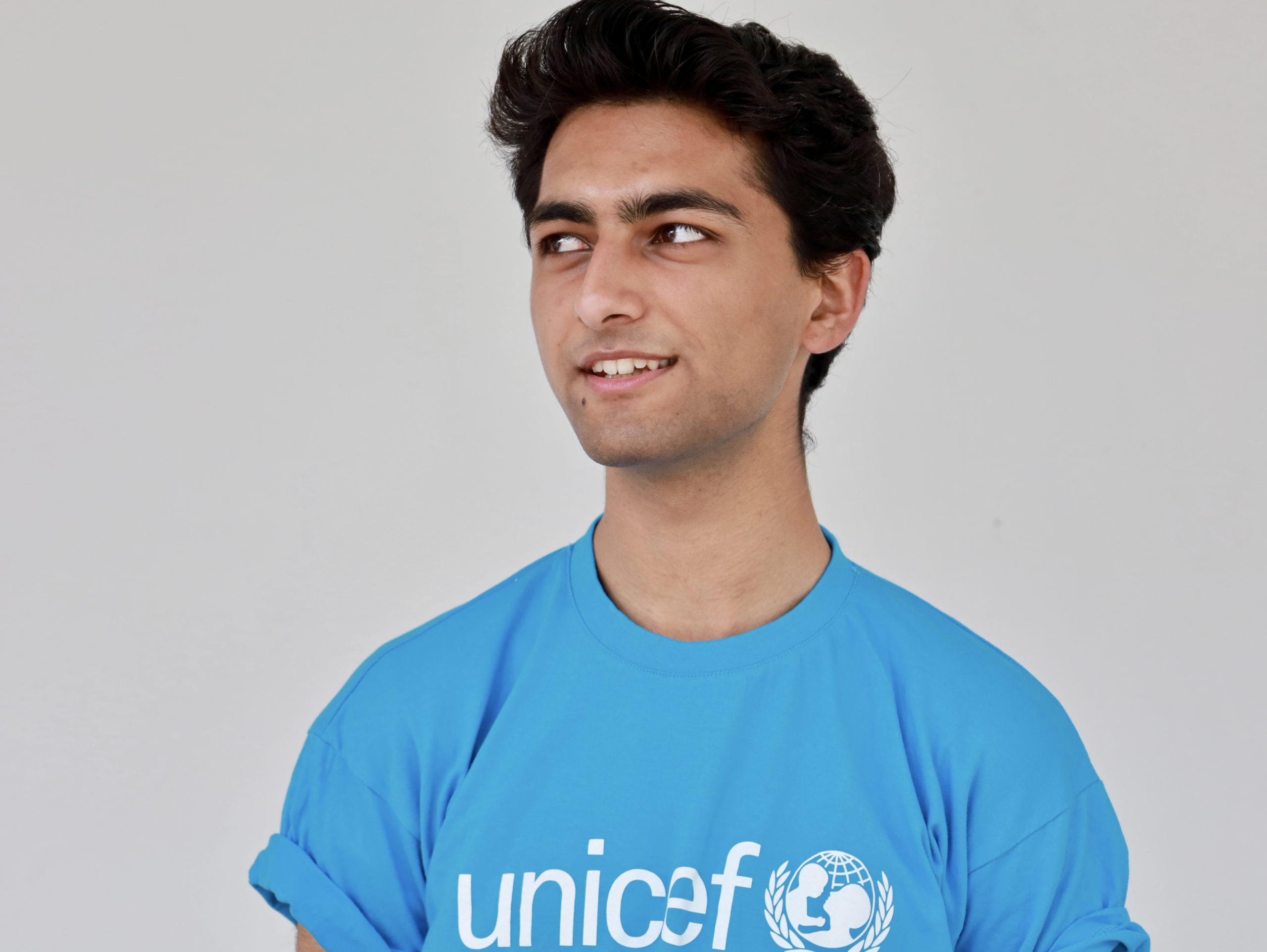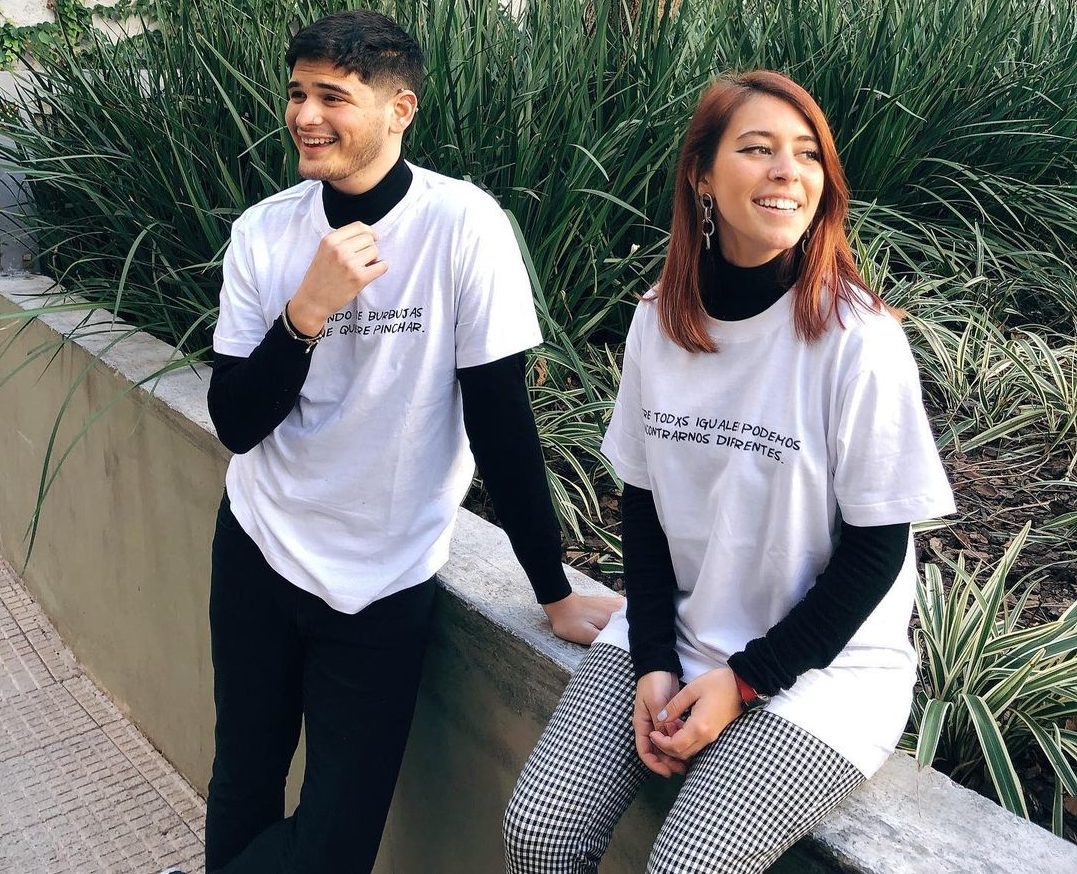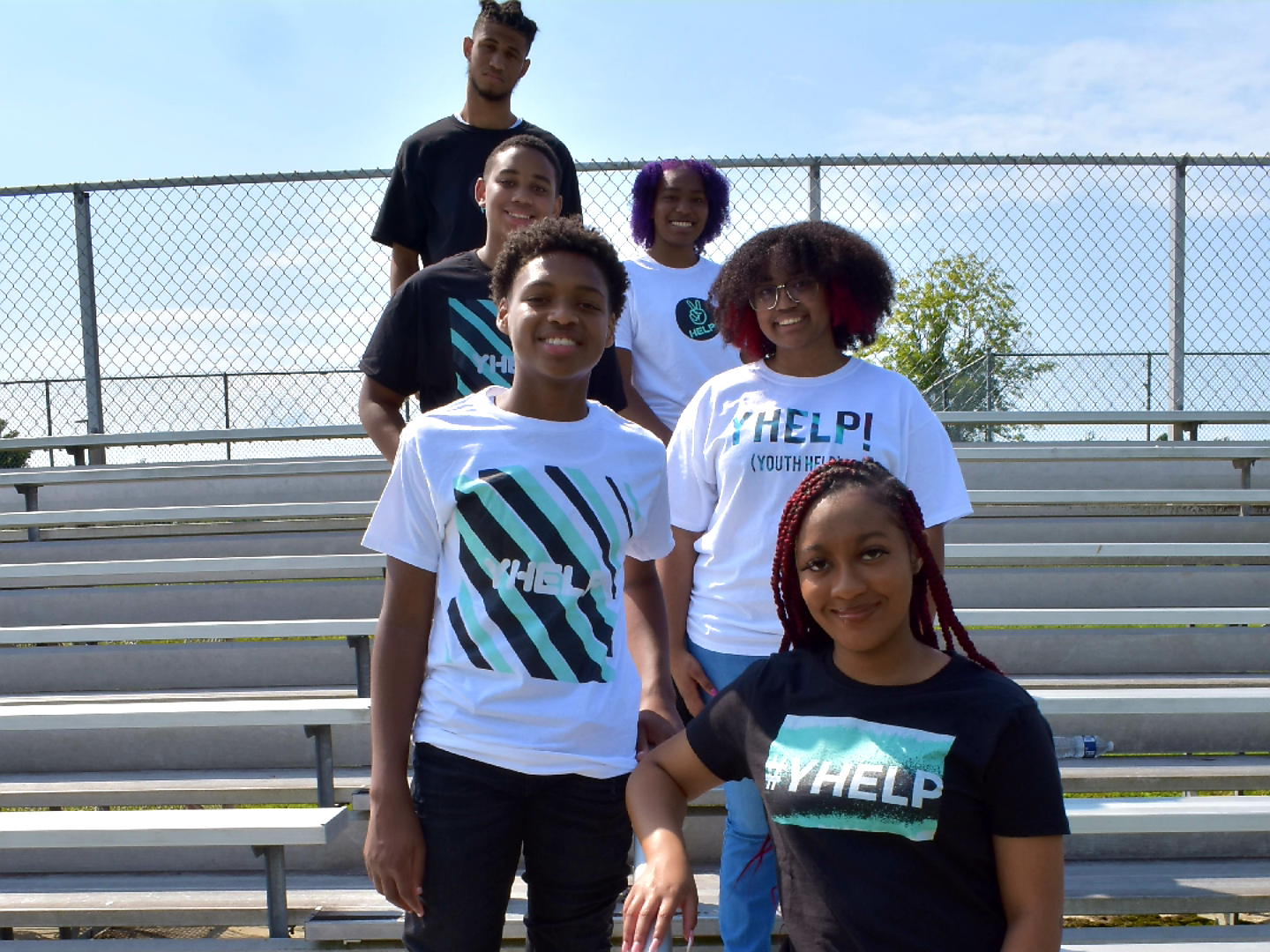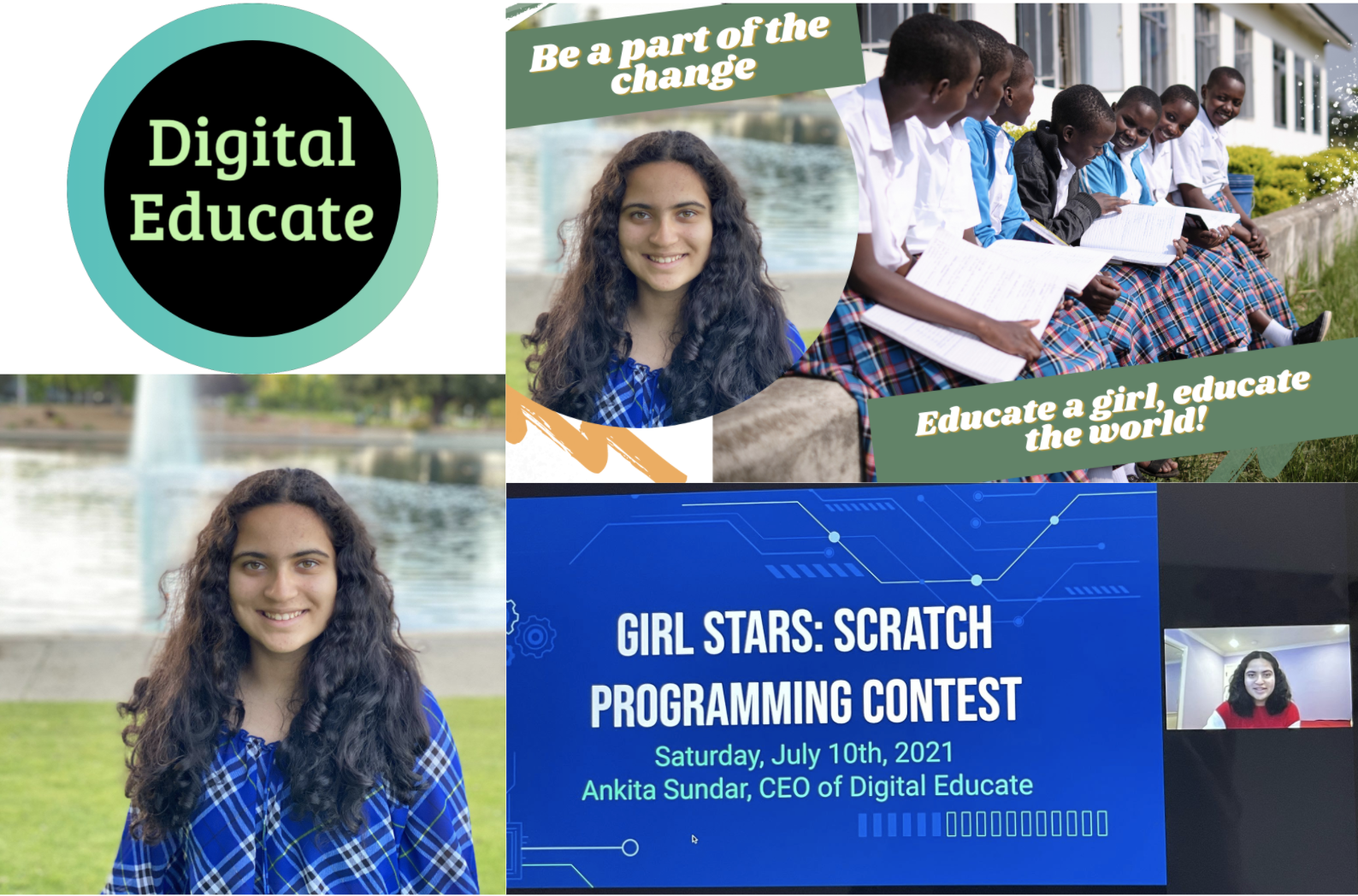With repeated instances of painful words, constant physical battle, sounds of shattering bones, and cyclic regression of succumbing to pressure, domestic violence is the definition of an unbounded power play between partners of a relationship. Domestic violence is not limited to physical abuse as it stretches to emotional, psychological, and economic abuse. Each type of abuse is meant to diminish the self-esteem and self-awareness of the victim. Domestic violence leaves people in a shell inferiority, unable to defend themselves. According to the National Coalition Against Domestic Violence, over 10 million people will experience an instance of domestic violence by an intimate partner.
Although both men and women can become victims of abuse, 85% of domestic violence victims are women, and 15% are men. Anyone can become a target, regardless of socioeconomic status or educational background. Domestic violence isn’t a single isolated event; it is an integrated societal problem, prevalent everywhere across the world. Domestic Harmony Foundation (DHF) is “a community-based organization committed to promoting peace, safety, and harmony in families by providing support and guidance.” The team provides assistance to survivors of domestic violence, coming from South Asian and Middle Eastern backgrounds. DHF is located on Long Island, however, serves to be a cornerstone of inclusivity, compassion, and empathy to allow the survivors—not victims— of violence to persevere and take control of their lives.
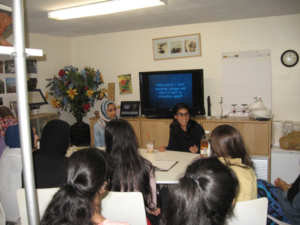
In this interview, DHF Program Director, Jasia Mirza, explains the ideals of DHF, their mission, and their impact on the local community.
What is the main objective of Domestic Harmony Foundation, DHF?DHF aims to fill the immense void in concrete services for South Asian, Middle Eastern, and Muslim women and children who are seeking relief from family violence. We also work towards addressing and raising awareness of domestic abuse in the communities and areas we serve. When this organization was created, the idea behind this name of Domestic Harmony was that if we resist it persist, so the focus was on positivity to create harmony in families, rather than fight against domestic violence.
Why focus on domestic violence in space like Long Island?
Domestic violence happens in all cultures and cuts through all socioeconomic and educational backgrounds. When this epidemic hits immigrant families that are often considered “model communities,” it’s increasingly harder for the victim to actively seek out help. When the victim belongs to a supposedly elite community of Long Island, he or she feels trapped and more helpless. Immigrant women face more barriers such as their immigration status, language barrier, lack of knowledge about the governmental system and lack of support system. There are many resources available in New York City, but DHF is only predominant domestic violence organization in Long Island area. With the growing South Asian population in LI area, it’s crucial to provide such resources to families.
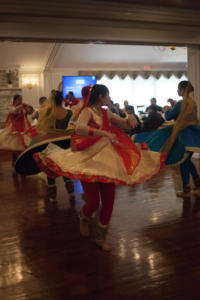
How old were you when you started to get involved with DHF?
I first began to know of DHF when my daughter had invited the volunteer member of DHF at her school. She was only 16 years of age that time. I had a very abusive marriage and was ashamed to share this with anyone. I was suffering in silence when I met DHF member. I opened up to this advocate realizing that she understands my culture and religion. She made me realize that it was not my fault, no one should suffer and everyone has a right to happy life.
I have two girls who were 17 and 15 years of age that time when I fled to a battered woman shelter with the help of DHF. Now in a matter of 7 years, my life has transformed. I have been working with this organization for 5 years and now serve as Program Director. My older daughter is at Yale graduate school finishing her MD and my younger daughter is at the University of Pennsylvania, finishing her masters in Computer Science. If I hadn’t left that abusive relationship, my girls may not have been where they are today. Oppression merely wears us down, leaving us unable reach our full potential.
What impact has youth specifically had on DHF?
In 2011 when I started with DHF, our focus was on survivors who were single mothers facing many challenges while raising their kids alone. It was then, my older daughter had mentioned that how she has co-survived with me in that household. Since then, we recognized that children raised in abusive households are the co-survivors of domestic abuse. Children get affected even if the abuse is directed towards the mother, not them. That was the year we started “Summer Youth Group.” The idea behind it was to engage young adults through DHF especially the co-survivors of domestic violence. We provided them space and time to speak with their peers about the myriad of stressors they face and facilitate the development of new supportive relationships that are essential for young adults.
In 2012, we developed this program as a leadership opportunity to fill a void of youth development services in our community, especially within the South Asian, Middle Eastern, and Muslim populations. In order to adhere to DHF’s overall mission of addressing the issue of domestic abuse on Long Island, we encourage the inclusion of survivors of domestic abuse and members of the youth. Young adults open up and talk to each other about some of the issues they are dealing with in life, ranging from stress in school, peer pressure, and racism, to feelings of loneliness.
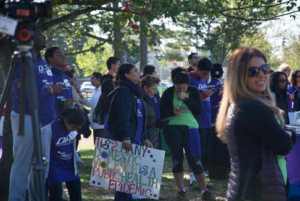 What impact have you had on youth?
What impact have you had on youth?
By engaging youth in our programs, we are targeting many areas such as giving them the tools and skills to recognize healthy relationships to prevent future transgressions of violence at home. Students learn how to deal with stress in positive ways, acquire leadership, communication and public speaking skills. They speak and learn about different career paths, gain connections with young leaders in the community and learn to interact with each other in a positive way. Every year we offer an educational scholarship to the participants of this program as an incentive to participate and do well in their educational goals.
What does kindness mean to you?
Kindness means lifting the fallen ones for me. We talk about equal opportunity for all, but I feel sometimes it takes more. For instance, when people are oppressed they become hopeless and cannot reach their full potential. We can rise by lifting others as support goes a long way. When we give unbiased and non-judgmental support, we can then see positive results.




